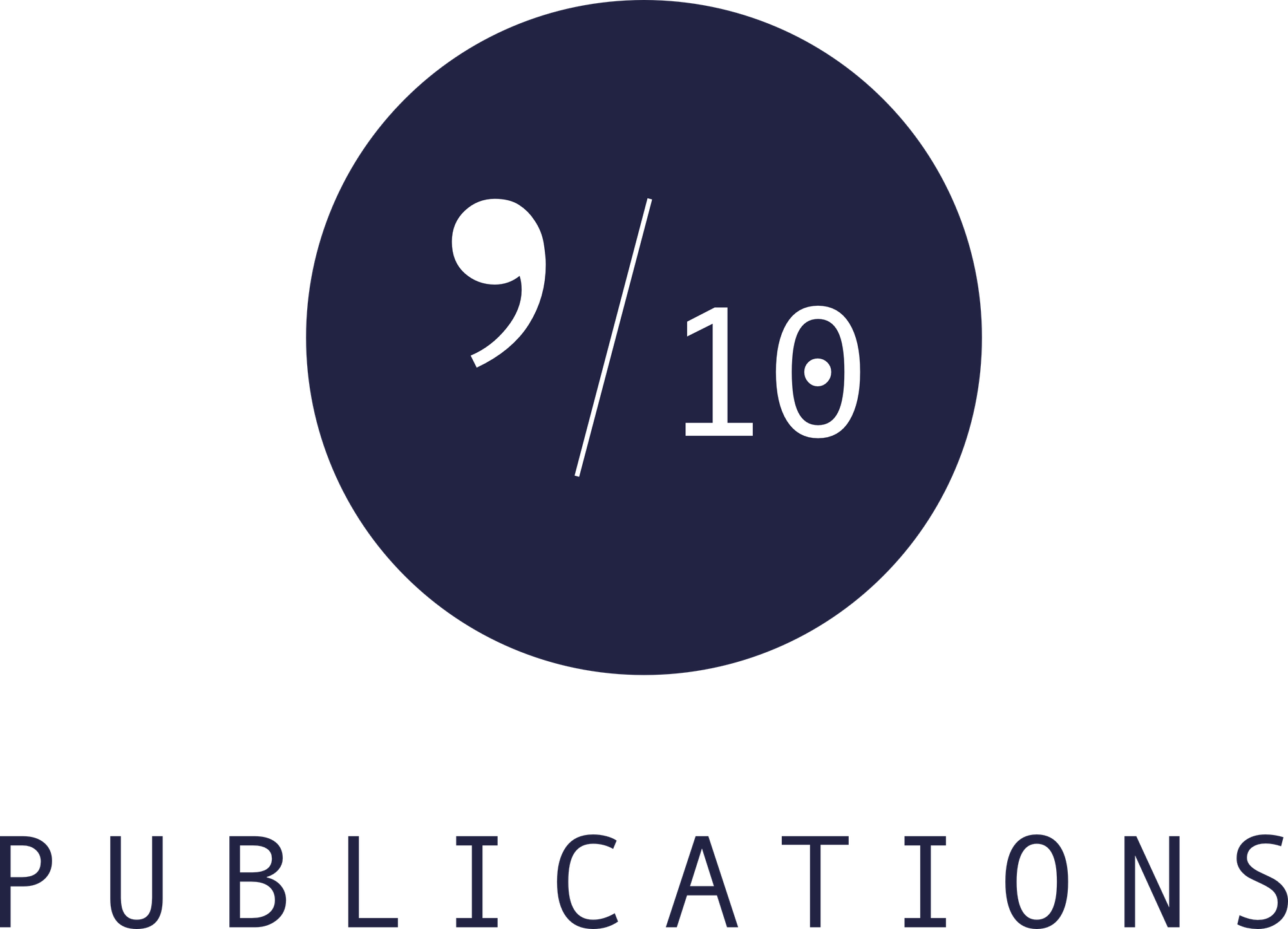And then the tariffs came, and went.
With info for startup and small Canadian presses

In March, after deciding a while ago that "friend" membership in the BC provincial publishing association wasn't worth the money, Nine Ten qualified to join as an associate member. Still no voting rights, and I'm still not sure it's worth the money, but without any other access to the Canadian publishing industry I had no way of learning about tariffs and how they are, or might, affect book publishers. (Two months after submitting my application to join the Association of Canadian Publishers I was told, after checking in, that my application would be reviewed later this month.)
I've belonged to U.S.-based trade organizations for a couple of years. I filled out a quick form and paid them money—less than it costs here, even in U.S. dollars—and I've been a full member, have voted at general meetings, and intend to continue my membership.
But American publishers are not overly concerned about the trade war with Canada, and the U.S.-based orgs have not really had much to say that's relevant to Canadian businesses exporting books to the U.S.
Thankfully, I was able to attend a BooksBC webinar about the trade war in March, and learned a lot of very useful things, including about the mechanism which, for now, exempts books from Trump's tariffs.
And I really needed that information, because a U.S. wholesaler agreed to take on our books on a trial run, indicating that if the books sell they'll consider taking us on for full sales and distribution. Accessing the U.S. market was my main goal for 2025, back when I made plans at the end of 2024, having no idea what was to come.
In advance of the April 2nd promise of more tariffs, I sent a case each of our four books to two warehouses in the U.S. I did it fast, to get them over the border before that date.
On Easter Monday, the wholesaler sent me an invoice for $660 USD for tariffs and brokerage for six of the eight shipments.
Which, in the scheme of things, isn't a bankrupting amount of money. But which, considering I'm operating in debt for the first time, is not at all welcome.
The thing is, the books should have been exempt from tariffs, information on the invoice is questionable, and I filed a dispute with UPS.
A week or so later, the wholesaler sent me an invoice for the remaining two shipments. I added it to the dispute.
I lost about two months of productivity to this, from following tariff information to sorting out how to avoid them. The only positive thing to come out of it is the relationship I've cemented with the wholesaler, who have been patient, kind, and supportive from the jump.
Then at the end of last week, I got an email from UPS that they'd made a mistake and would rectify the charges.
In the end, I can't tell if I should feel relieved or angry or frustrated or hopeful or what.
I'm not a gambler, but operating a startup is all about taking calculated risks. It's impossible, though, to calculate the risk when Trump is involved, and I feel like I'm spending half my work time managing my mental and emotional ability to navigate a situation where I can't confidently apply what I learn to what I'll do next.
Assuming UPS refunds the money, the wholesaler will refund my money, and all the time I'd spent fretting about losing quite a lot in this ordeal will have been for naught. Leaving me to sort out whether I want to continue working with them to get Nine Ten's books into U.S. stores, or whether for financial or emotional needs I need to put the U.S. in a time-out for a while.
Anyway, here's what I've learned:
- There are two tariff codes that could be used when sending books from Canada to the U.S:
- 4901.99.0093 is the usual one for a paperback book. I was told by UPS that it should be exempt from tariffs.
- 9903.00.12 is the code the publishing orgs recommend publishers use. It refers specifically to informational materials that are exempt under a particular policy from, I think, the 1970s. The advice provided by the orgs was in the context of publishers who use a broker when shipping cross-border. For those of us who rarely export or who are just getting started, and just ship things through a carrier providing a tariff code as required, either code should work.
- I've learned through conversations with people both within and outside the publishing industry that UPS, specifically, is terrible for erroneously charging duty. I've heard it can take anywhere from 45 days to several months for disputes to be resolved. On the other hand, UPS has extremely low rates to ship heavy boxes to the U.S. My dispute was resolved in two weeks. Or, at least, I was told it would be resolved; I'm waiting for confirmation from the wholesaler that their payment was refunded.
